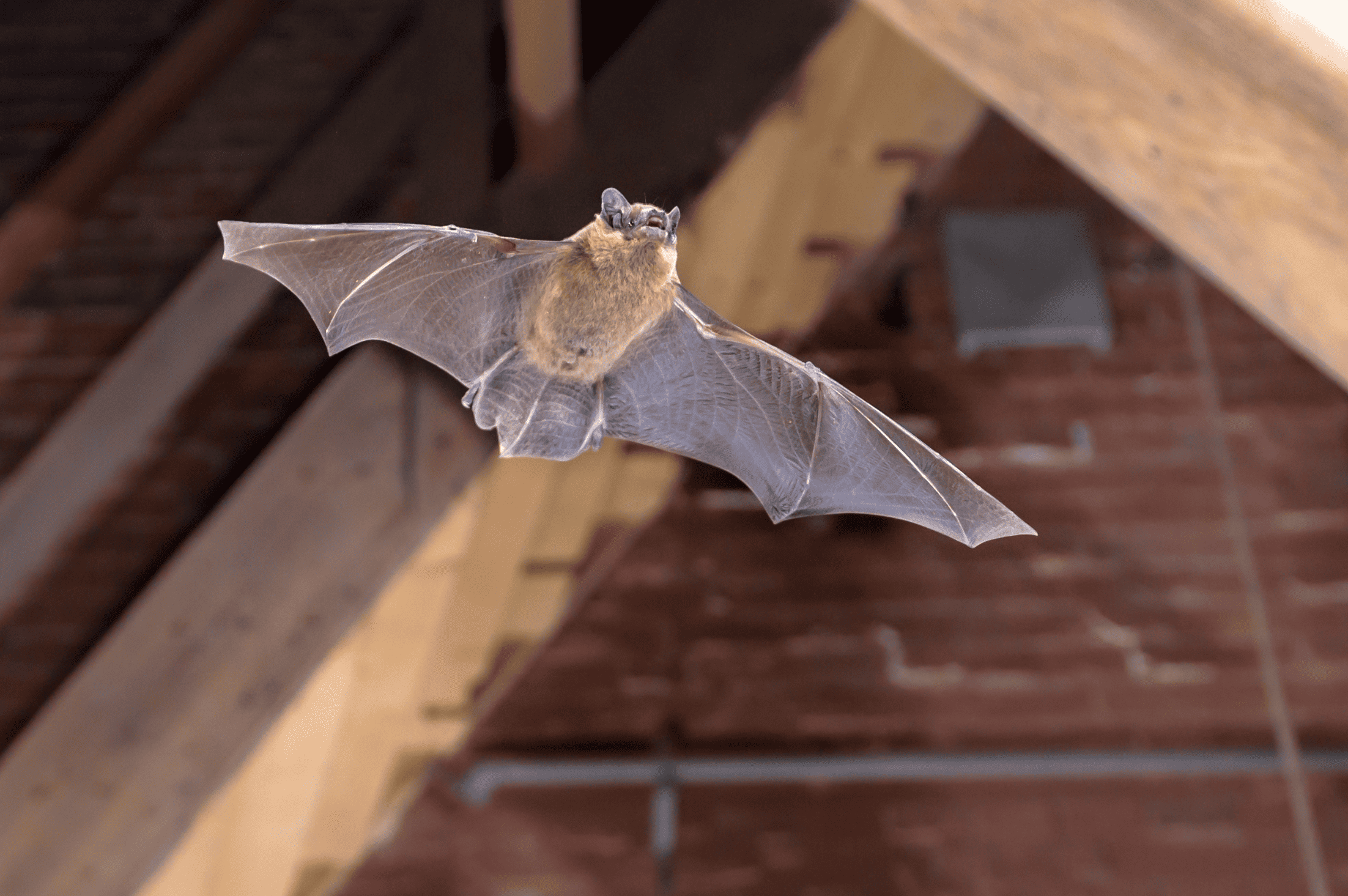We share our buildings and spaces with other animals and with plants (including trees). On many potential development sites, both residential and commercial, many animals and plants are protected species and the Council needs to know what is there and the means of protection or mitigation.
Protected species include bats, badgers, reptiles, amphibians, birds, and plants. In preparing a planning application, where protected species are likely to exist; protected species surveys have to be prepared by an ecologist or a recognised expert and submitted as part of a planning application.
These surveys can only be done at the right time of year. Great Crested Newts became the poster boy for delay in the planning system because the window for undertaking a Great Crested Newt (GCN) survey is noticeably short. For example, an eDNA GCN survey the window is mid-April to the middle of June.
This means that if an application is submitted in July but without a required eDNA survey, a decision on the application would be delayed for a year and for many councils, a planning application would not be validated unless accompanied by the survey.
On sites with multiple protected species, surveys have to be done at the right time of year. This needs forward planning and can extend the preparation period for a planning application.
For example, a former quarry development site containing a badger sett, some derelict buildings, areas suitable for reptiles and two ponds.
The following surveys will be required:
- A badger survey – (any time throughout the year)
- eGCN survey (mid-April to mid-June)
- An amphibian survey (May to September)
- A bat emergence survey (three visits May to September)
- Breeding birds (March to July)
- A reptile survey (March to October).
- Plant habitat surveys – (May to September)
Spring is the best time of year for multiple surveys, and it is important to get these surveys in place when you can. Please note that ecologists are very busy at key times of the year and will need to be booked well in advance.
This issue is likely to become even more important as this country commits itself to improving biodiversity and the planned uplift in biodiversity on larger development sites.
Jonathan Jenkin, Consultant, Planning & Design Practice Ltd



